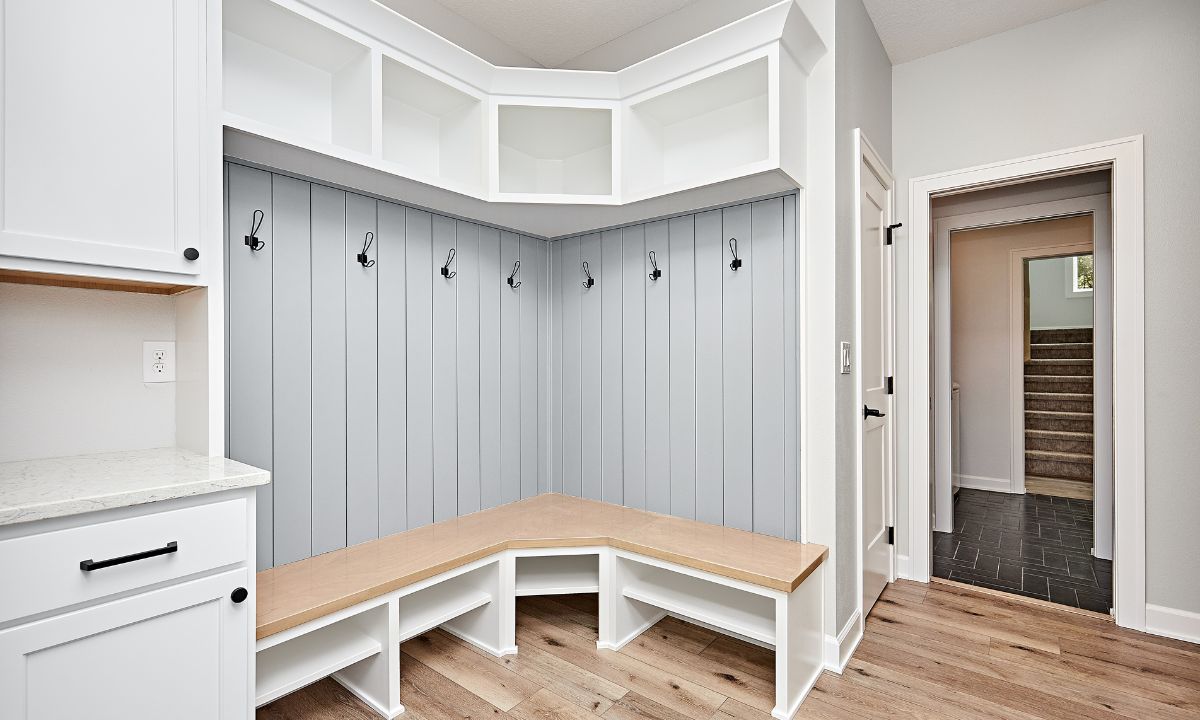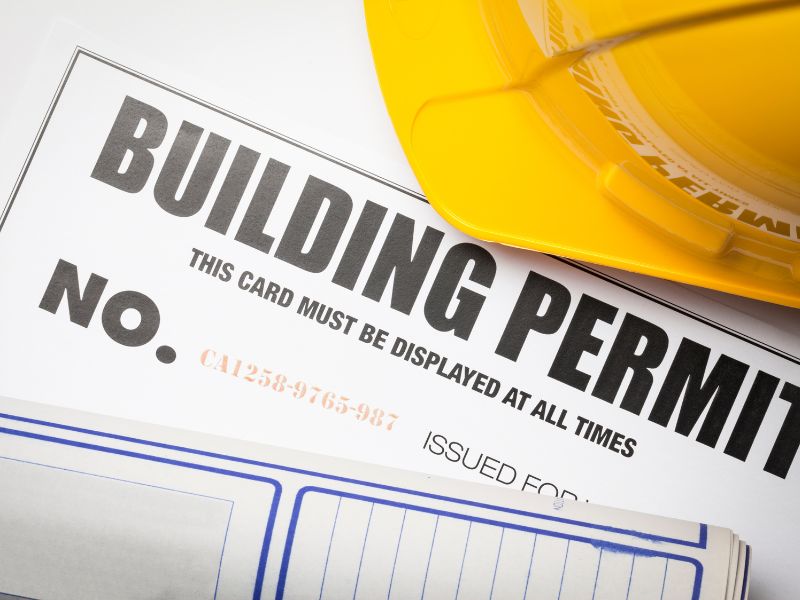You’ve found the perfect house, signed the best mortgage deal, and now all that’s left to do is move in. It seems like the stress should be lessening, but moving is one of the most stress-inducing situations we all face. Rather than stay up late and deal with panic, the team at Ed Currie is here to help you make this move as organized and stress-free as possible.
A Month Before The Move
- Reserve a moving company as soon as you have your occupancy date. Many moving companies offer packing services as well. If you’d like to take advantage of this, make sure you ask about it while you’re making your reservations.
- Visit your local USPS location to purchase moving boxes and packing supplies. You can also get them at hardware stores. Don’t forget to pick up one or two thick, black Sharpies to label your boxes. If you do purchase supplies from USPS, complete your change of address form while you’re there. If you purchase supplies somewhere else, you can always complete your change of address forms online.
- When packing boxes, write the name of the room on both the top and all sides of each box. Leave out only things you might use in the next four weeks. Excluding suitcases and a picnic basket, everything else can be boxed, including artwork, family photos and back-up toiletries.
- Designate a space to put all boxes, whether it’s in each room or in one central location. If you’re paying movers by the hour, the more boxes you can have in one location on the main floor, the more time you will save. Keep in mind that boxes are normally placed in the moving truck last, so be sure there is room to easily move the furniture from the room first.
- Purchase extra-sturdy garbage bags so you’ll have no trouble tossing things out and collecting donated materials.
- As you’re packing, don’t forget to clean out your garage, attic and closets.
- Arrange to transfer school and/or medical records.
- Notify magazines, credit card accounts, insurance companies, clubs and all other organizations of your change of address.
- Schedule disconnects for utilities such as gas, electric, internet, cable/satellite, water and a landline telephone if you have one. Schedule connections for your new residence.
- If you’re planning to hire a cleaning service to clean your new home before you move in, reserve your time now.
- Make arrangements to transfer pest-control, landscapers, babysitters and pet care providers if possible.
Two Weeks Before The Move
- Drop off any items you’re not planning to take to your new home to a donation center, like the Salvation Army.
- Go through each room and leave out only the items you’ll need for the next two weeks, excluding anything from the refrigerator and freezer.
- Leave out three sets of dish and flatware per person, and one large pan, small pan, cookie sheet, food storage container and glass cooking dish. Use any remaining food or drinks, and grocery shop only for absolute essentials.
- Contact your close friends and neighbors and let them know your last day in your old home. Let your neighbors know when the moving truck is expected if you’ll need them to try and keep street parking available for your movers.
The Week Before The Move
- Pack any remaining items except for what you’ll need in the last week only, excluding food from the refrigerator and freezer. For clothes and toiletries, leave out only what can fit into your suitcases.
- Clean as needed, taking precautions to empty and clean your vacuum before the move.
The Day Before The Move
- Pack remaining items into your suitcase except for one towel and one change of clothes per person, the toiletries you’ll need for the morning of the move, and your portable device chargers. Give everyone one extra disposable bag for their soiled clothes.
- Pack a bag of snacks and any pet food you’ll need. Place in your picnic basket.
- Locate items you’ll need the first few hours of moving into your new home so you’ll be organized during that hectic time. This includes: pet care items, a screwdriver, hammer, medications, light bulbs, extension cords, toiletries, and scissors or a sharp knife to open boxes.
- Dispose of any food that you’re not bringing with you to your new home.
Now that you’re organized and ready, your move will not be nearly as stressful. We wish you the best of times in your new home and are always here to help with your next mortgage or if you’re thinking about refinancing. For more tips, check us out on Facebook, Twitter, LinkedIn, Pinterest or Instagram!







